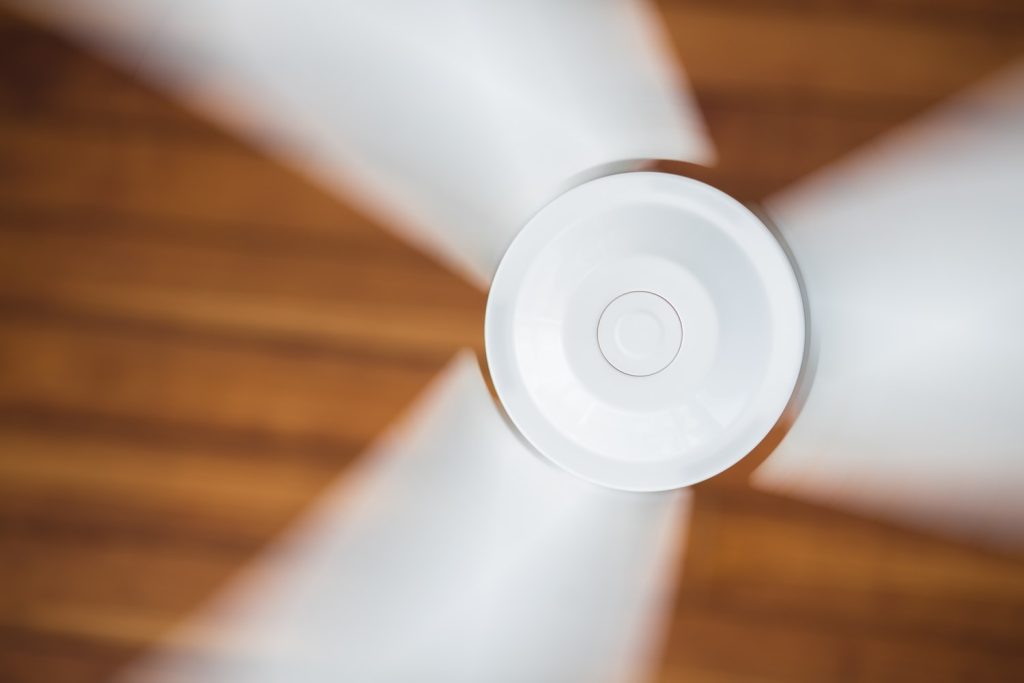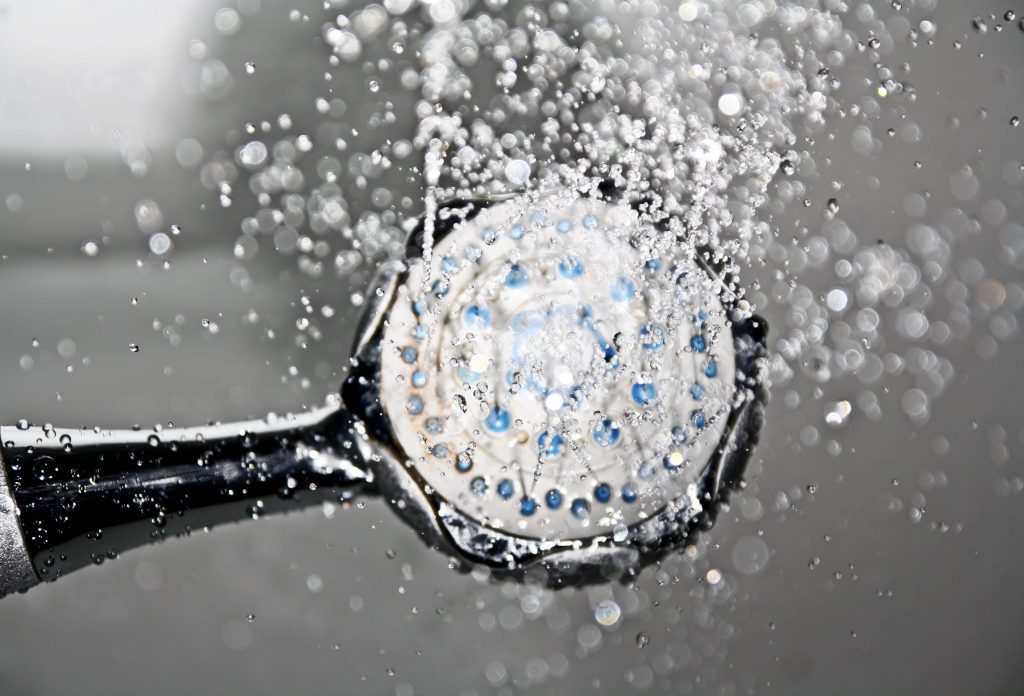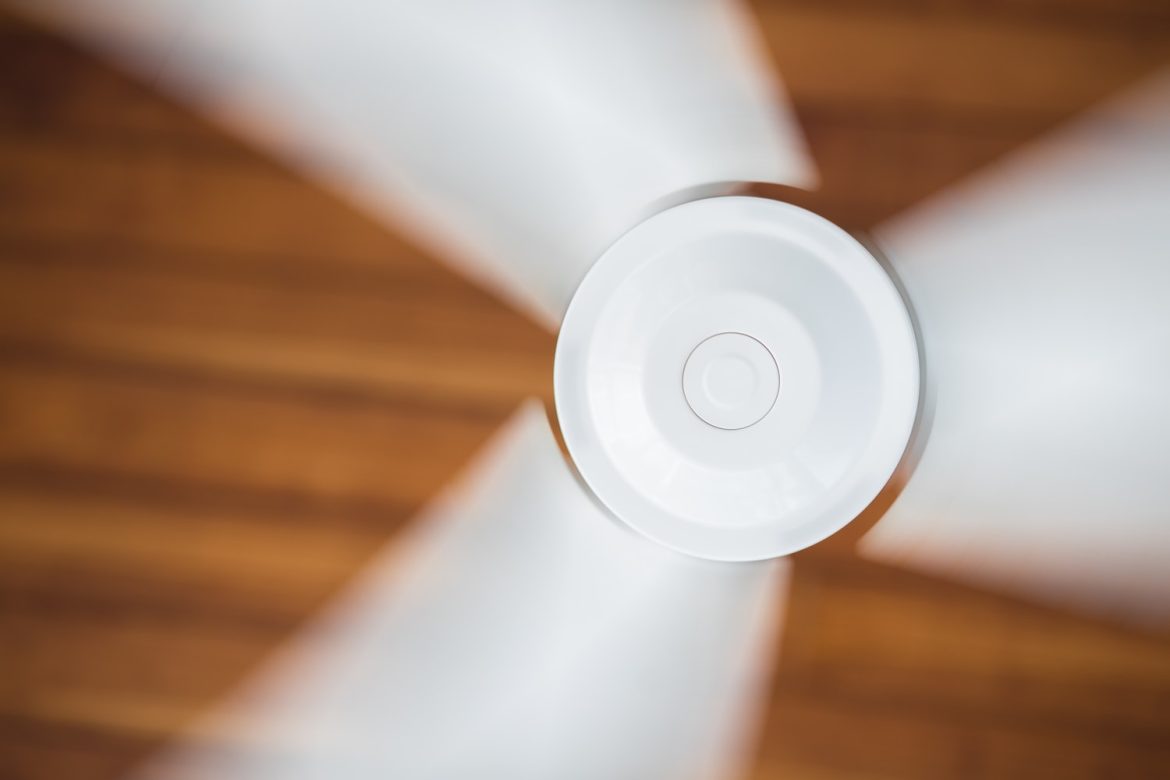The coronavirus lockdown has sent people indoors and with more people spending time at home more than ever before, some resources are being overused or even wasted
With the lockdown in progress, every household is seeing more people together throughout the day than it ever did. It is good that people are spending time with their families, sharing fun-filled moments together and bonding with loved ones after a long time. Even though by force, the coronavirus has led to a time of togetherness.
However, there are some resources that are being overused and even wasted as the people and the administration are occupied dealing with bigger problems at the moment.
There are two valuable resources that are being used more than before owing to the Coronavirus lockdown.
1. Electricity

Now this should need no guessing at all. It is summer time and hot outside as well as inside the homes. As a result, people are sweaty and upset and most importantly, at home. In a general, non-pandemic setting, the bread earner (father or mother or both) goes to work, children go to school and grandparents or maids remain at home. In such a setting, just a single fan keeps running for most part of the day and it is only during the nights that all fans are switched on when the entire family retires to their individual rooms.
However, as a result of the lockdown, everyone is at home – the fathers, mothers, children and grandparents (in most cases). As a result, every room remains occupied throughout the day with the fans running at a stretch. In homes with air conditioning, the consumption of electricity is even more.
To add to it, many households have television sets in separate rooms or laptops and all these electronic gadgets keep running through the day as every member seeks some form of entertainment. Also, most of the laptops and mobiles need charging through the day after about 3-4 hours of extensive use.
2. Water

Firstly, everyone now knows that washing their hands thoroughly with soap is the best way to protect oneself from being infected by Coronavirus. So, people are washing their hands more than before and very excessively. Washing hands came in as a necessity and now the habit is slowly developing into an obsession with many people washing their hands more than required and owing to a recently developed phobia of the virus spreading through the touching of infected objects.
Secondly, the lockdown and summer is proving to be a bad combination as far as the consumption of water is concerned. The heat is overwhelming and as a result people are bathing as many times as they feel like and without giving thought to the amount of water they are using. Most of the people bathe under running showers in a leisurely manner ending up wasting a lot of water. The number of times they bathe increases the wastage even more.
Also, more people at home during the day means more utensils to be washed, further increasing the use of water for washing them.
Many have been washing their entire wardrobe to be on the safer side further increasing the water consumption.
It becomes imperative to put a check on the usage of water at least as we are well aware of the effect of water shortage on our daily lives. Even if it doesn’t show now, the effect will be seen after the lockdown period when all the water reserves will be exhausted and if for some reason the monsoons don’t oblige as soon as expected.
Last Updated on April 17, 2020 by Staff Reporter




1 comment
That’s true, there’s a lot of usage of water (sometimes, also wastage) and electricity during COVID-19 days